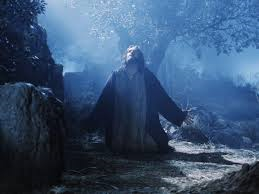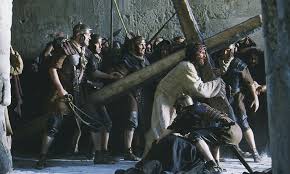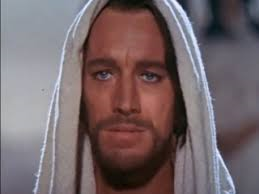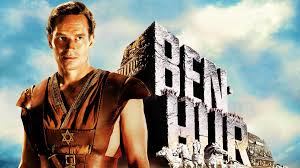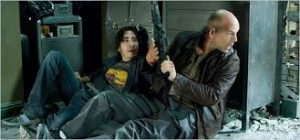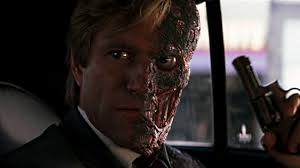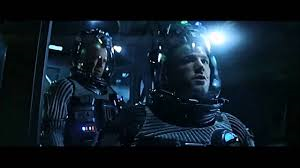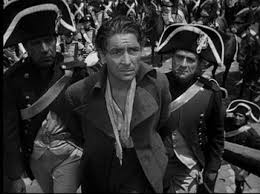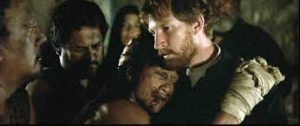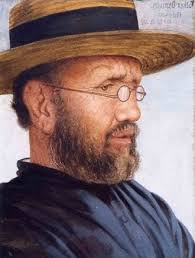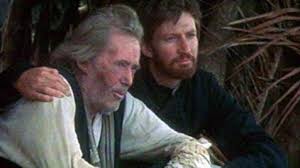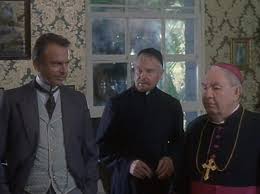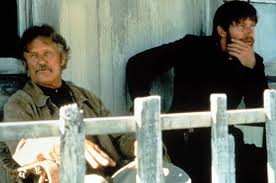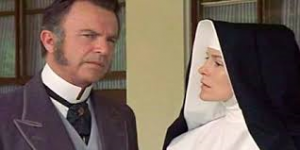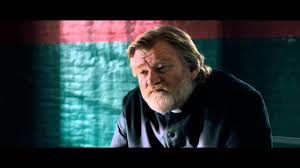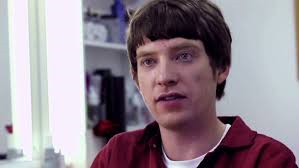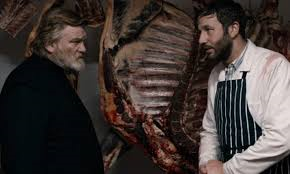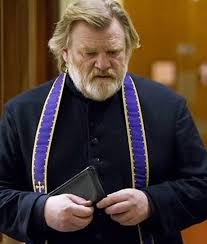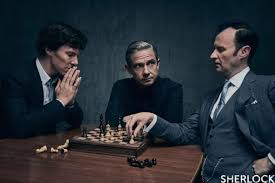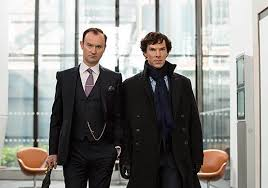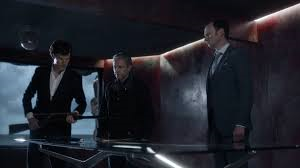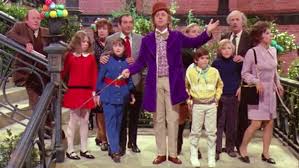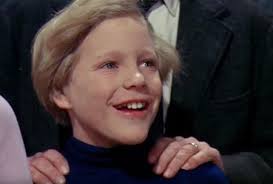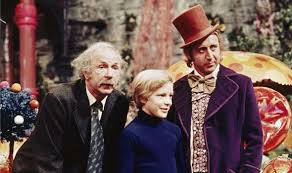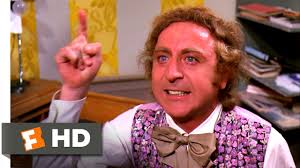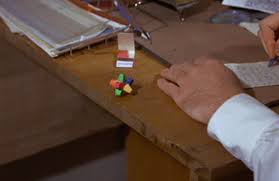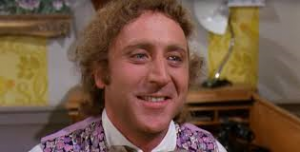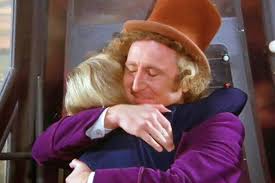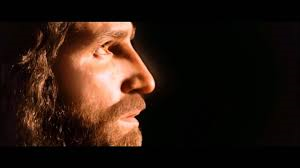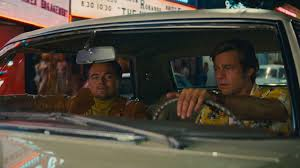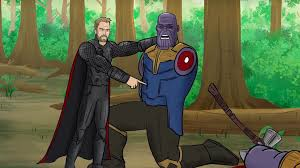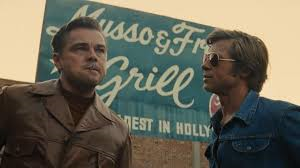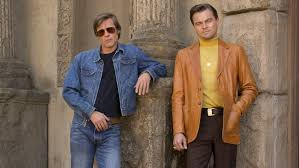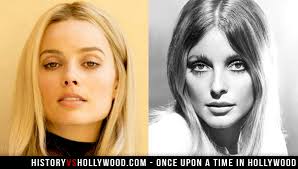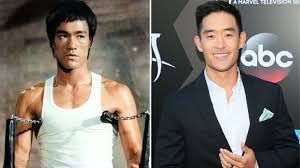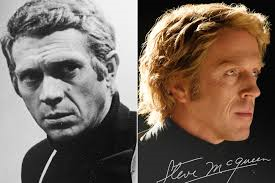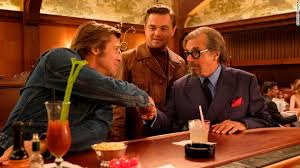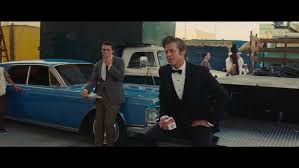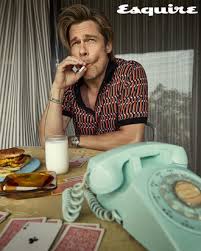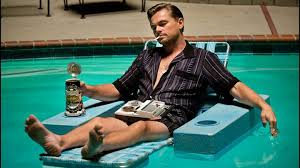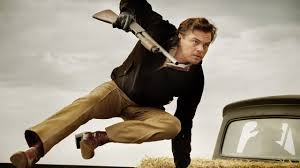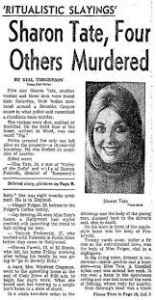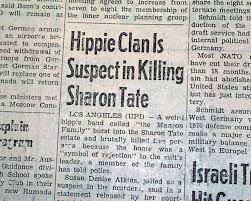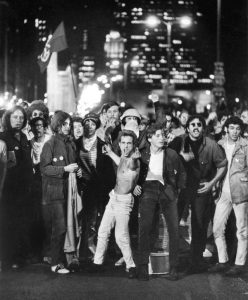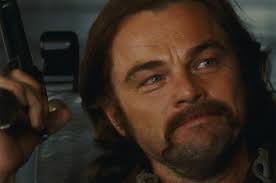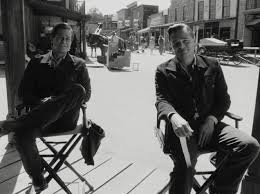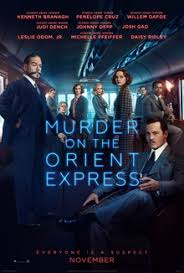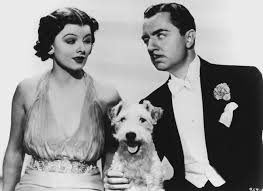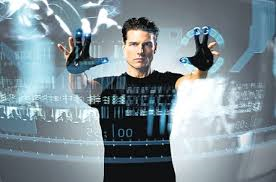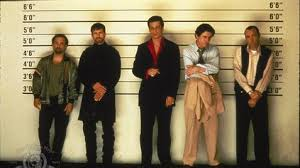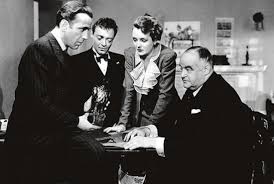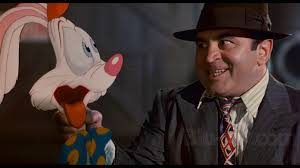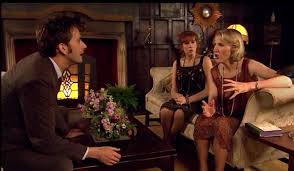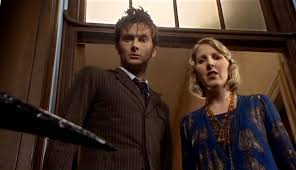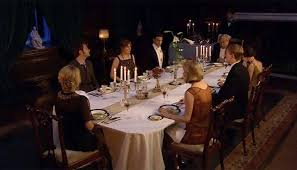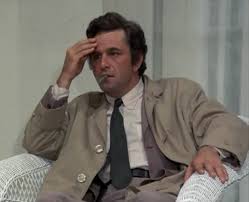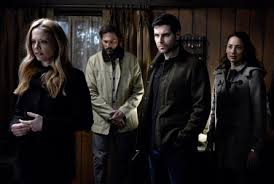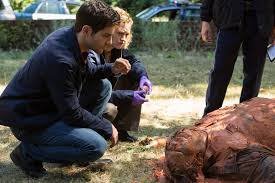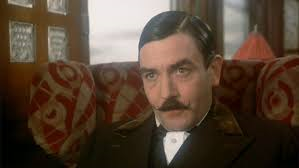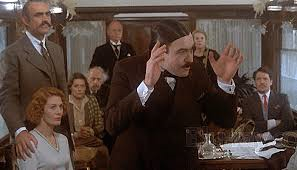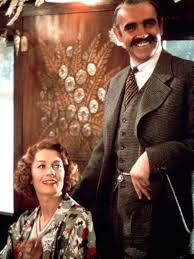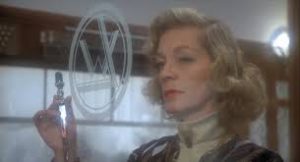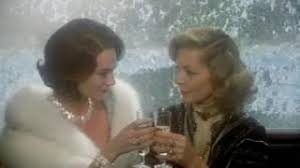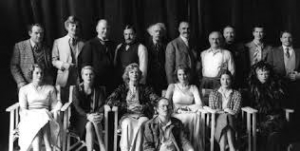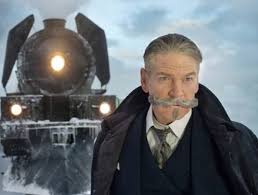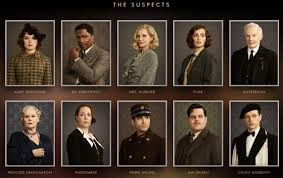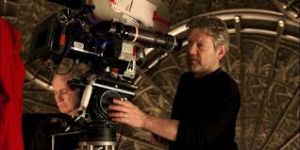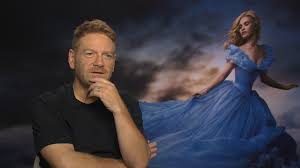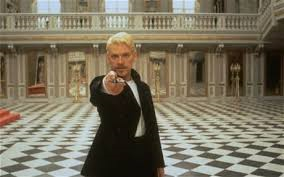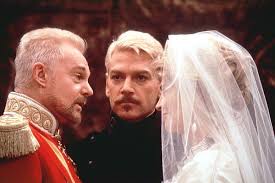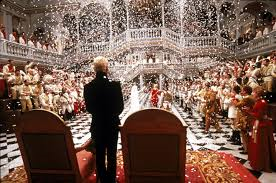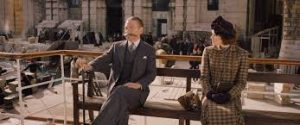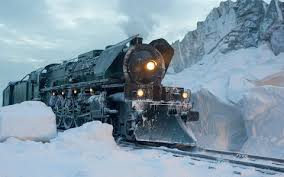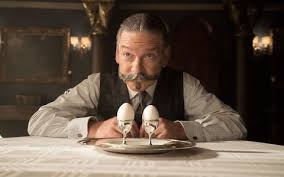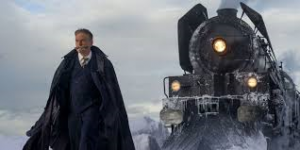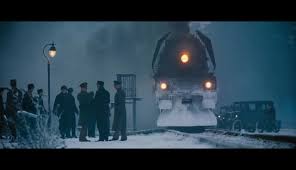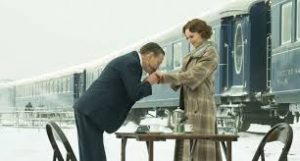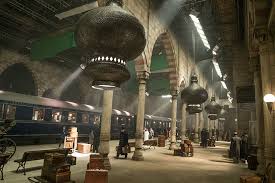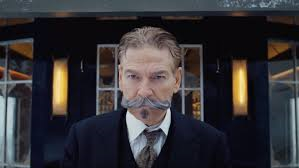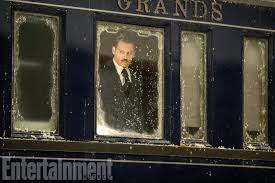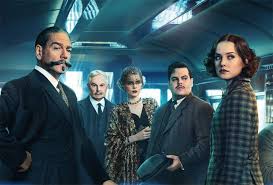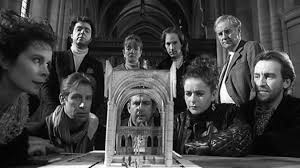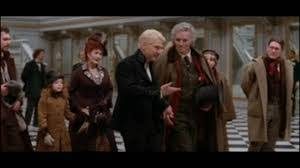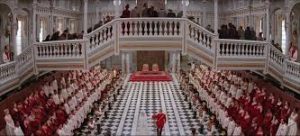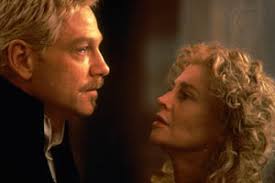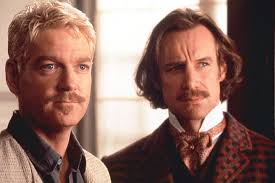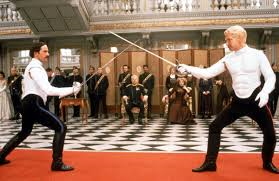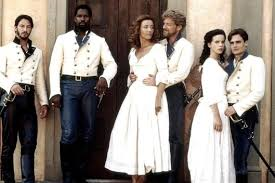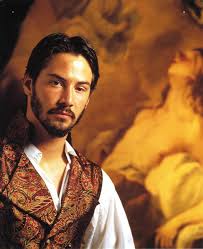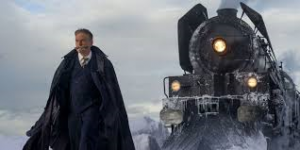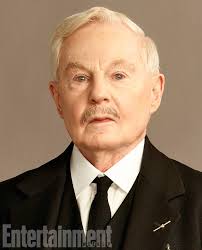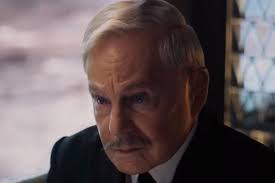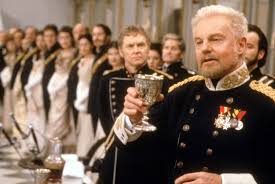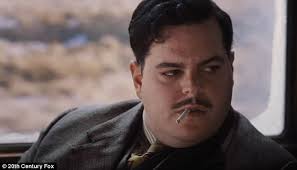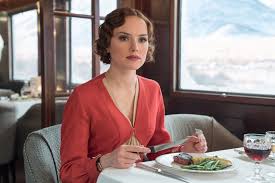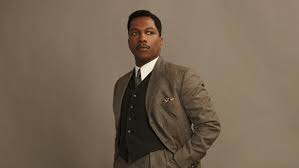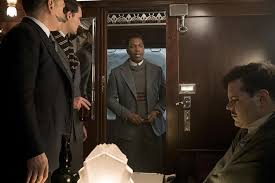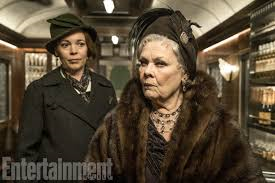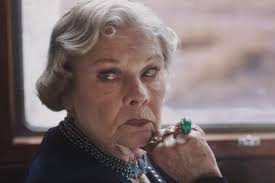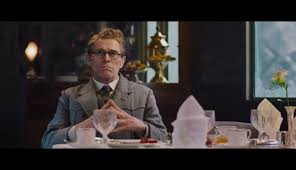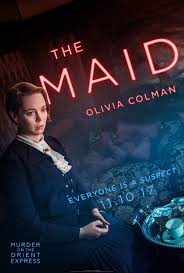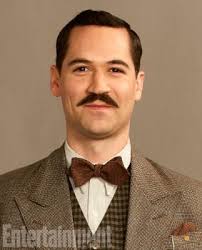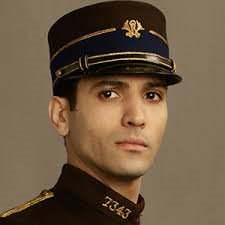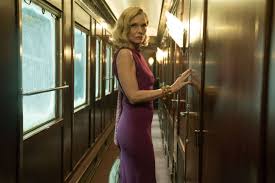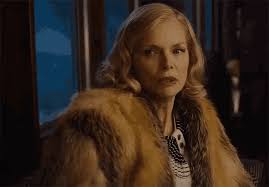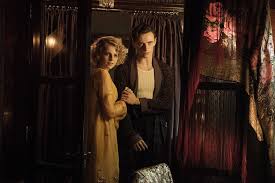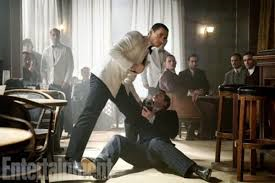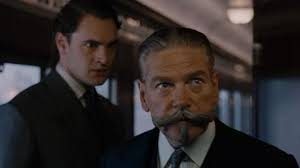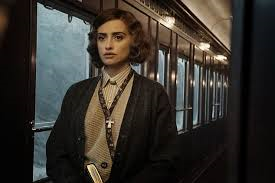SHORT TAKE:
Christopher Nolan’s most recent mind bender. Bond meets Back to the Future.
WHO SHOULD WATCH:
Really for adults only for violence, some profanity, and a poisonous bad guy who indulges in everything from torture and pursuing world domination to domestic abuse.
LONG TAKE:
It is a cliche to say that something started off ”with a bang” but in the case of Christopher Nolan’s Tenet, that’s a pretty accurate description.
Without credits or explanation you are abruptly thrown into a high risk hostage situation with all the preparation of a Shanghai sailor enlisted into an open sea battle. Guns blazing we follow the main character as he negotiates a field of terrorists and SWAT team members in a sea of innocent victims. You can’t even be sure for whom one should be rooting – except … that the guy you are following is called The Protagonist (John David Washington from The Book of Eli) and works for a super secret organization endeavoring to prevent the end of the world. But even this you do not find out for some time. To make it all the more challenging, in these opening scenes, which time is usually spent introducing you to the home team, everyone is in full helmeted armor and the only hints we get about the participants in this war zone is their actions. Some have no problem shooting at unconscious captives, others try to spare them.
Tenet is best enjoyed as a full emersion experience. I hesitate mightily to even hint at the plot as it would be as rudely revealing as blurting out the name of the killer in the middle of an Agatha Christie movie.
So I will content myself in providing as much advisory information as I can based upon the features of the film.
To begin with the special effects are pretty spectacular. Not in an Independence Day way but in the cleverness with which Nolan exposits his time travel McGuffins. I anticipate a much deserved Best Special Effects, and Best Editing awards going Tenet’s way.
The soundtrack by Ludwig Goransson (Black Panther and Mandalorian) is fitting and channels Hans Zimmer. If you did not know this was a Nolan film, you would recognize the heavy hand of deep resonant sound which underlies, creates and builds on the tension, much like the so-familiar-it-is-now-parodied brass blare from Inception.
Nolan, the masterful auteur writer and/or director of Interstellar, Inception, Dunkirk, The Prestige, The Dark Knight, and Memento, LOVES to play mind games with his audience. Even Washington has admitted that he is STILL not entirely sure what happened. This is NOT meant as a criticism. Far from it. I admire and appreciate the fact Nolan respects his audience enough to give them room (and rope enough) to find their way on their own, contemplate meanings, and ponder the reasons certain things happen the way they do. In other hands this could be seen as a cop-out but Nolan provides plenty of evidence, bread crumbs and titillating detail. It’s just that there are a number of ways these particulars can be interpreted.
Nolan’s films are a LOT of fun to watch.
However, while, again, I will not reveal the plot, I will warn you that the plot does not always and completely hold together. Unlike the tightly written Back to the Future trilogy or the Infinity War stories, or even Groundhog Day, explanations in Tenet are muddied and subscribe to the philosophy that if you cannot dazzle them with brilliance, baffled them with …LOTS of action. Nolan even speaks to the audience through one of the minor characters who, while trying to explain certain … events … to The Protagonist, ultimately tells him not to try to understand it but, instead, “feel” it. This, I think, is more advice for the ticket buyer than our investigating spy.
In addition, despite the Draconian Wuhan Virus related regulations causing the shut down of theaters around the country, and despite the money foregone in not simply releasing Tenet to streaming services, Nolan stuck to his guns and INSISTED on a theatrical release. He was quite open about the reason. He did not want the audience to have the opportunity to stop the movie, take a break from the 150 minute bladder burster, or be interrupted by a phone call. He wanted Tenet to be embraced in one swell foop – a single experience which, like a roller coaster will take you on a wild ride, leaving you little chance to catch your breath, figure out or, Heaven forfend, try to ANTICIPATE the next move. I suspect Nolan knew full well that some of his exposition would not completely hold water and that there are plot holes and contrivance contradictions.
The acting is really excellent. Washington is as compelling, cool, and convincing as any Bond hero.
Michael Caine has a small but delightful expositional part. Mr. Caine’s appearance was one of many highlights even though Mr. Caine was almost completely in the dark as to exactly what machine he was a cog in. Nolan kept the story so under wraps that Sir Michael was only given his part of the script to read. This, in fact, actually helps. Caine’s character would NOT have known even a fraction of what was going on within the Universe of the story. But Sir Michael is so gifted a storyteller that he could be given a grocery list to read and I’d still pay money to listen.
Robert Pattinson has come a LONG way since his Twilight phase. While I am likely one of the few grown ups who have advocated in favor of that film series due to its promotion of chastity and pro-life, I never said they were particularly skilled cinematic efforts. SEE REVIEW HERE But Pattison does himself proud as the suave but slightly slovenly, mischievous but mysterious ally to Washington’s main character.
Elizabeth Debicki is sympathetic as Kat, the damsel in distress who has a surprise or two up her sleeve. Debicki might look familiar to sci fi fans, but many will have trouble placing her without her Gold Finger paint job from Guardians of the Galaxy Part 2’s Ayesha.
But the trump card belongs to Kenneth Branagh as the malevolent criminal mastermind. I HATE when Branagh plays villains. For one thing, he is just so likeable in general it is almost painful to accept him as the one to beat. Even Branagh’s evil characters are hard not to side with — at least a little. His Iago in Othello, for instance, was often amusing and so openly willing to confide to the audience that you couldn’t help but understand his frustrations, even as you could be dismayed by his betrayals of those who trusted him.
For another, he’s just too darned GOOD at being bad. In Tenet, Branagh’s Sator (Saytr? Satan? Combo?) is a truly ruthless and malignant person. And yet – there was a compulsion in watching Branagh as he unveiled this persona. I knew it couldn’t be sympathy and then realized it was Branagh’s powerful portrayal of Sator as a man so convinced of his own rightness and entitlement to the outcome of every plan he makes that you are compelled to see through his eyes, even as you are horrified by what he does.
The language was a bit rough in spots but often during action scenes where the music and sound effects were so loud it was hard to make out.
Tenet is not a perfect movie. It does not even bear harsh scrutiny in the afterglow without revealing some major flaws and inconsistencies. In places, the plot is so threadbare you could read – a script through it.
But who cares? The acting is great, the action sequences fascinating, the special effects creative and the story moves along at such a pace that the lines blur enough to give the IMPRESSION of a tightly woven story. If you’re looking for Agatha Christie – wait for Branagh’s turn as the hero in Death on the Nile. But, if you are looking for a great Theme Park-like roller coaster of a movie this is your ride.

